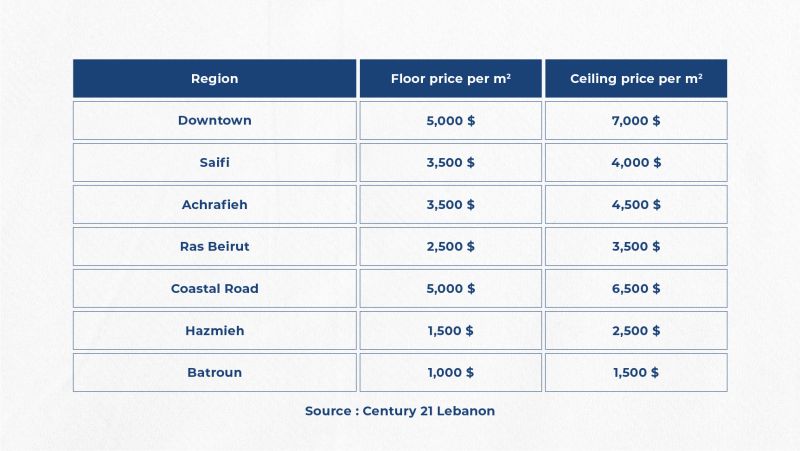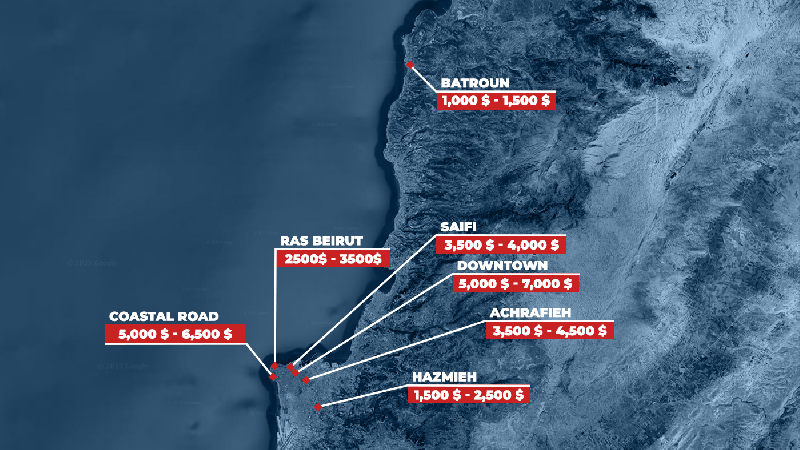
In an interview with This is Beirut, Ahmad el-Khatib, managing partner of Century 21 Lebanon, an international real estate brokerage agency, shares his vision of the Lebanese real estate market.
“As real estate brokers, we are at the heart of the market and directly feel its fluctuations, whether positive or negative. Our daily interactions with clients from diverse backgrounds allow us to observe these shifts in real time. The Lebanese market is particularly volatile and sensitive, even a single speech can be enough to shift its course, either upward or downward,” he explains.

With the beginning of the new presidential mandate, Khatib remains optimistic about the prospect of restoring Lebanese confidence in the country. While interest from Arab nations—particularly the Gulf and Kuwait—remains limited due to Lebanon’s ongoing challenges, their attachment to the country remains unchanged. He notes that the desire to return to Lebanon is still strong, especially among Kuwaitis, with whom he frequently engages during his visits to Kuwait, where one of their partners is based. Although past tensions have slowed their visits, their love for Lebanon—especially its nightlife, ski resorts, mountains and sea—endures.

“The past circumstances have had a major impact on the market, but we hope to have moved past this difficult phase and are now looking toward a future filled with renewed confidence. This return to normalcy will encourage both the Lebanese diaspora and Gulf residents to return to Lebanon. This recovery will play a key role in supporting the real estate sector,” explains Khatib.
He further adds that when the real estate market is performing well, it has a beneficial effect on the construction sector and stimulates nearly 70 other industries. He notes that during this challenging period, some properties saw their prices fall by 40% from their original value, and in some cases, this drop reached 60%. While a price correction is necessary, this situation is showing signs of improvement.
Khatib also highlights that the real estate market is showing signs of recovery, with prices stabilizing at more realistic levels. The demand for rentals has risen, largely due to the widespread destruction of buildings in the suburbs of Beirut and southern Lebanon. However, the market is facing a shortage of new projects and strong demand for small apartments, particularly among young people looking to start families, due to the large number of dilapidated buildings.
“While the demand for rentals is on the rise, the lack of bank financing remains a major obstacle. Real estate developers cannot move forward without adequate funding from banks, which delays the development of new projects,” he adds.
Khatib concludes by stating that positive signs in the market are becoming increasingly visible, and overall, a clear improvement has taken place. He remains optimistic about the country’s future, hoping that Lebanon will successfully overcome this difficult period and enter a new phase of confidence and prosperity for the real estate sector.




Comments